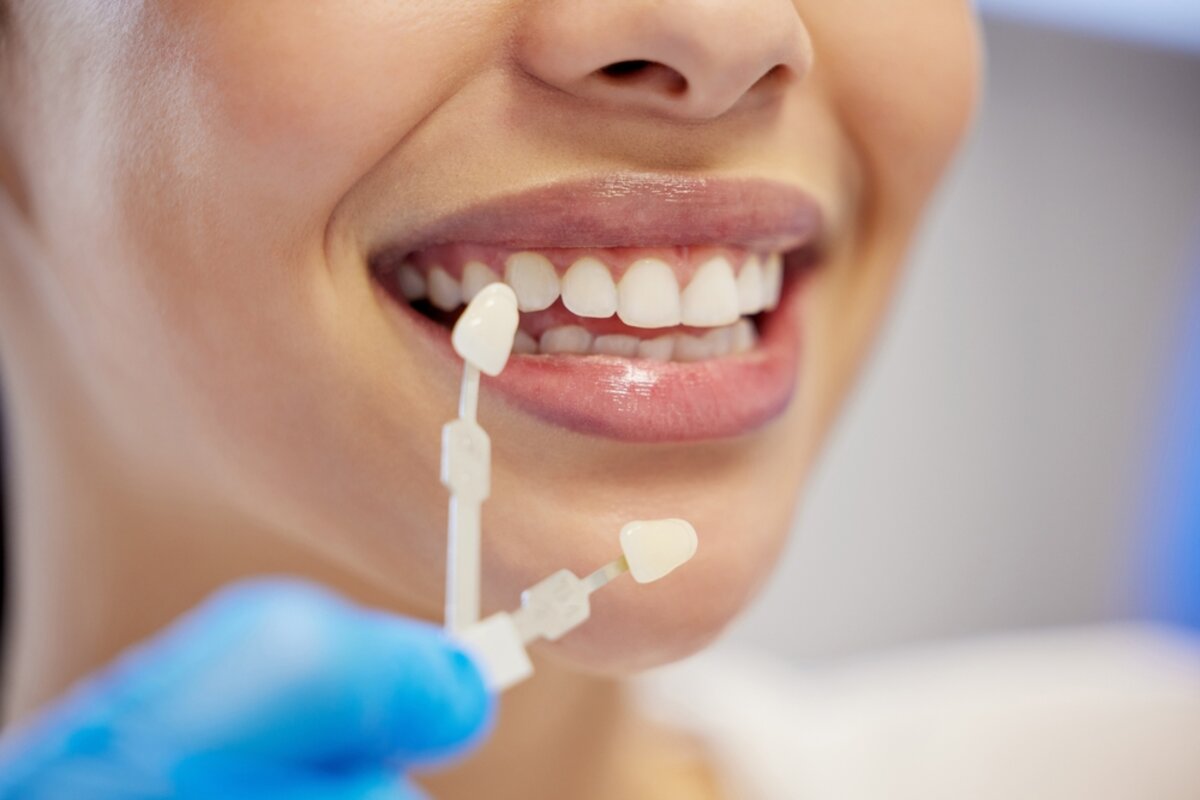Achieving a dazzling white smile can be a game-changer for many people, boosting their confidence and appearance. However, the downside often overlooked is the discomfort that can come with teeth whitening: teeth sensitivity. For many, the journey to a whiter smile is accompanied by sharp, shooting pains that can make eating, drinking, and even breathing through your mouth uncomfortable. But don’t worry! There are several effective ways to minimize teeth sensitivity after whitening, allowing you to enjoy a brighter smile without the pain.
Why Teeth Sensitivity Occurs After Whitening
The Science Behind Whitening
Understanding why teeth sensitivity happens after whitening is the first step in addressing the issue. Teeth whitening products typically contain bleaching agents like hydrogen peroxide or carbamide peroxide. These substances penetrate the enamel to break down the stains on your teeth. While effective at brightening, these agents can temporarily weaken the enamel and expose the softer dentin layer underneath. Dentin contains microscopic tubules leading to the tooth’s nerve center, making it more sensitive to external stimuli like hot or cold temperatures.
The Role of Enamel
Enamel is the hard outer layer of your teeth, acting as a protective shield against various elements. When the enamel is worn down or temporarily softened due to whitening agents, the underlying dentin becomes more vulnerable. This exposure can lead to the discomfort and pain associated with teeth sensitivity. By focusing on strengthening and protecting the enamel, you can significantly reduce the risk of sensitivity after whitening.
Effective Ways to Minimize Teeth Sensitivity After Whitening
1. Choose the Right Whitening Product
Not all whitening products are created equal. Some have higher concentrations of bleaching agents, which can increase the likelihood of sensitivity. Opt for products designed specifically for sensitive teeth. These products typically have lower concentrations of bleaching agents or include ingredients like potassium nitrate or fluoride that help to desensitize the teeth. Consulting with your dentist before starting any whitening treatment can also help you select the best option for minimizing sensitivity.
2. Use a Desensitizing Toothpaste
One of the simplest ways to combat teeth sensitivity is by using a desensitizing toothpaste. These toothpastes contain ingredients like potassium nitrate or stannous fluoride, which help block the pain signals from the tooth’s nerve to the brain. Start using a desensitizing toothpaste a week or two before your whitening treatment and continue using it for a few weeks afterward to provide ongoing relief.
3. Limit the Frequency and Duration of Whitening
While it might be tempting to whiten your teeth as often as possible to achieve the brightest results quickly, doing so can increase sensitivity. Instead, follow the recommended guidelines for the frequency and duration of use. If you’re using at-home whitening strips or trays, try spacing out your treatments and reducing the time the product is in contact with your teeth. This gradual approach can help minimize the risk of sensitivity.
4. Avoid Extremely Hot or Cold Foods and Drinks
Right after a whitening session, your teeth are more susceptible to sensitivity. Avoid consuming very hot or cold foods and beverages, which can trigger pain. Opt for lukewarm or room-temperature options instead. Sipping through a straw can also help minimize contact with sensitive teeth, reducing the likelihood of discomfort.
Post-Whitening Care to Reduce Sensitivity
1. Rinse with Lukewarm Salt Water
Rinsing your mouth with lukewarm salt water can help soothe irritated gums and reduce sensitivity. The salt acts as a natural antibacterial agent, promoting healing and reducing inflammation. Mix half a teaspoon of salt in a glass of lukewarm water and swish it around your mouth gently for about 30 seconds before spitting it out.
2. Maintain a Good Oral Hygiene
Routine Maintaining a consistent oral hygiene routine is crucial for minimizing sensitivity after whitening. Brush your teeth twice daily with a soft-bristled toothbrush to avoid further enamel erosion. Use gentle, circular motions rather than aggressive scrubbing to protect your enamel. Additionally, floss daily to remove plaque buildup, which can contribute to tooth decay and sensitivity.
3. Apply Fluoride Gel or Varnish
Fluoride helps strengthen tooth enamel and can reduce sensitivity. Consider using a fluoride gel or mouth rinse to protect your teeth. In some cases, your dentist may apply a fluoride varnish after a whitening treatment to provide an extra layer of protection against sensitivity.
When to Consult a Dentist
Recognizing Severe Sensitivity
While mild to moderate sensitivity is common and usually temporary, severe or prolonged sensitivity should not be ignored. If you experience extreme pain, swelling, or sensitivity that lasts more than a few days after whitening, it’s essential to consult with your dentist. They can assess the situation and recommend specific treatments to address the issue, ensuring your whitening journey is comfortable and safe.
Professional Whitening Options
For those with sensitive teeth, professional whitening treatments administered by a dentist can be a safer and more comfortable option. Dentists can customize the concentration of bleaching agents and apply protective barriers to your gums to minimize sensitivity. They can also offer in-office desensitizing treatments that are more effective than over-the-counter options.
Conclusion

Teeth whitening doesn’t have to come with the dreaded side effect of sensitivity. By understanding the causes and taking proactive steps, you can minimize teeth sensitivity after whitening and enjoy the benefits of a brighter smile. From choosing the right products to implementing post-whitening care, these strategies can help ensure that your journey to whiter teeth is both safe and comfortable. Remember, a dazzling smile is best enjoyed when it comes without pain! For personalized advice and professional whitening options, contact Indian Trail Dental Studio today.


